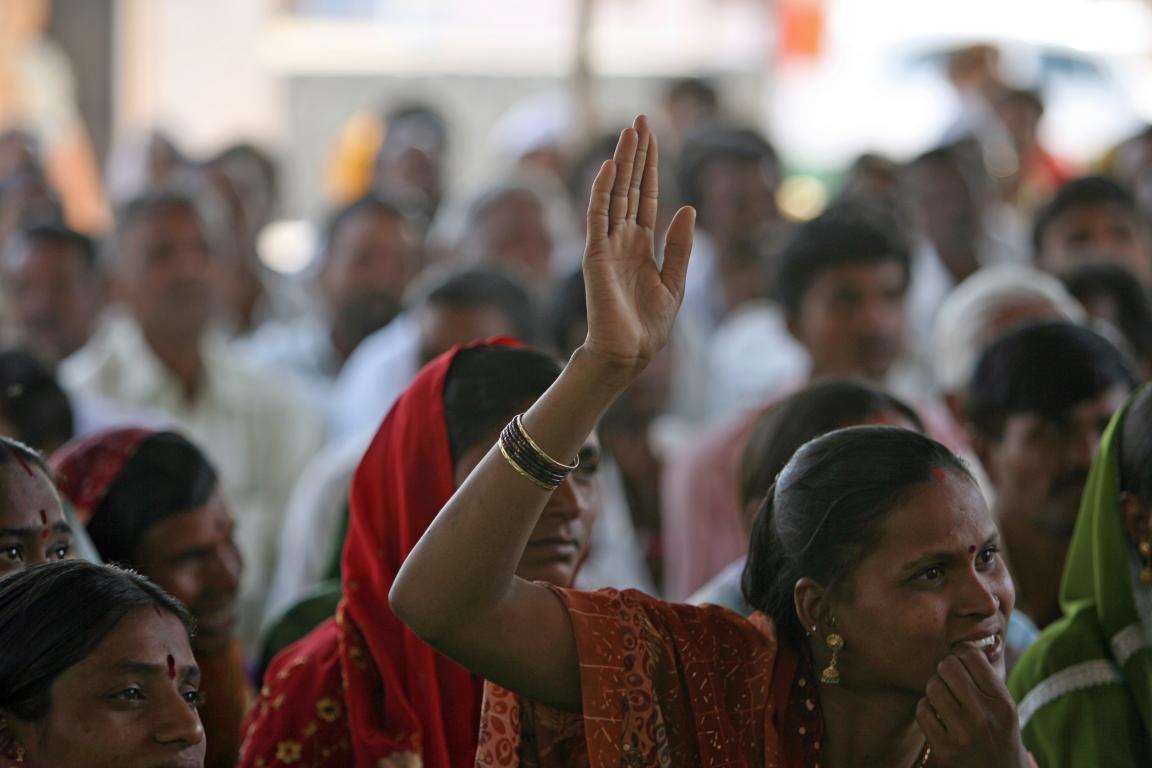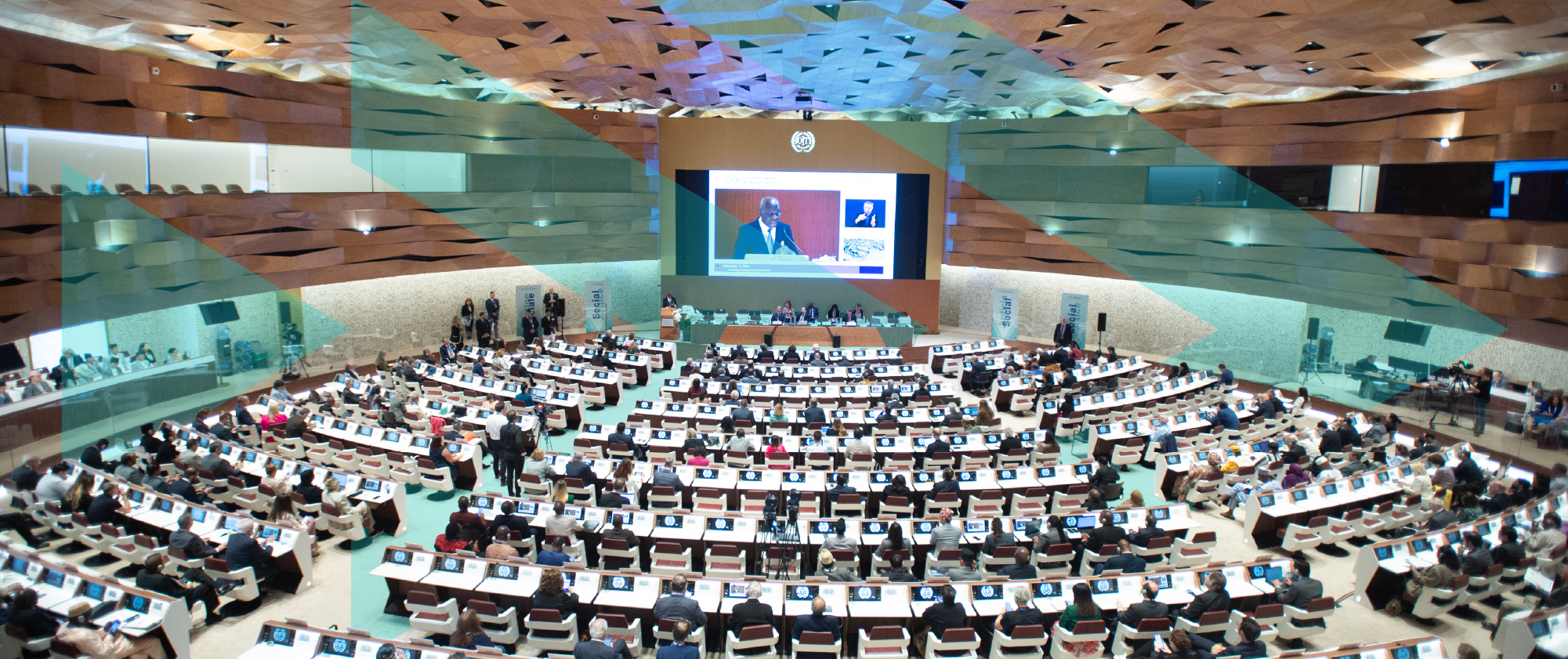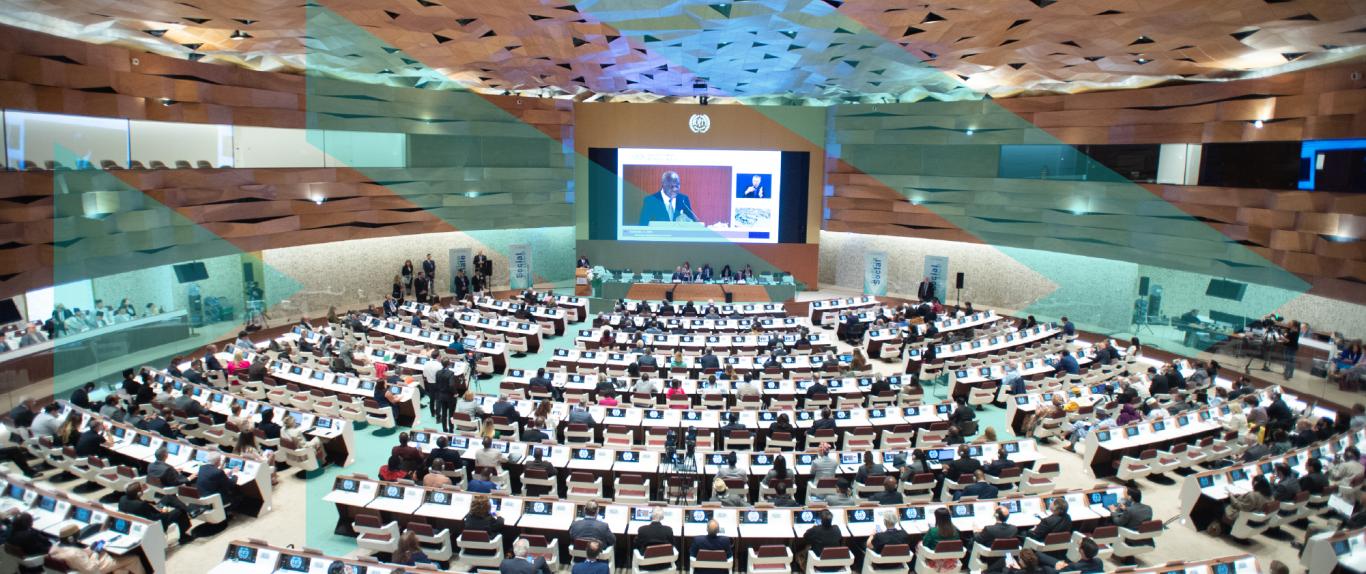
The Human Rights Economy (HRE) offers both a guiding framework and an operational approach for embedding human- and related labour rights - into economic and social policymaking. It promotes equitable access to resources, addresses inequality and discrimination, and calls for inclusive institutions, social protection and supports systems that uphold the rights of both service providers and recipients.
The HRE aims to ensure that no one is left behind by integrating rights into every dimension of economic policy. It is articulated around ten transformative pathways, including global financial reforms, progressive taxation, combating corruption, and curbing illicit financial flows. These measures are designed to expand fiscal space, support inclusive development, combat inequalities, and align economic systems and policies with human rights obligations.
The HRE bridges the gap between economic growth and social justice by embedding rights in national and global economic policies. It supports international commitments, informs global policy discussions, and develops tools to integrate rights into fiscal and governance systems. Aligned with the 2030 Agenda, the HRE offers a vision of justice, sustainability, and inclusion. It serves as a key instrument for achieving the Sustainable Development Goals through rights-based, transformative change.
Interpretation available in English, Spanish and French
Speakers












Introduction






Dialog
Dialog

